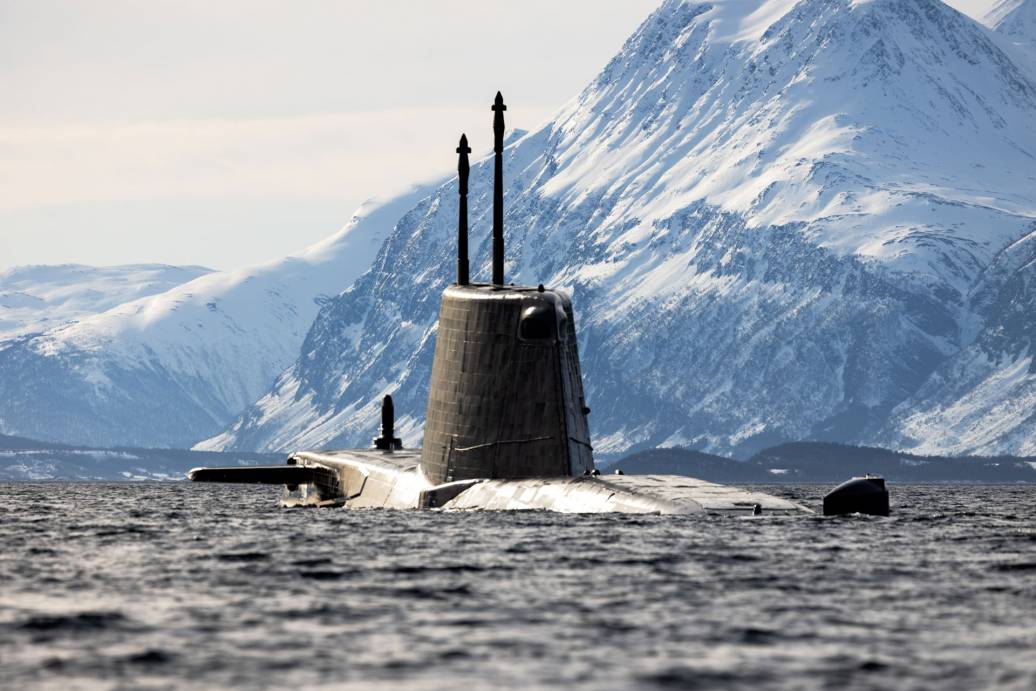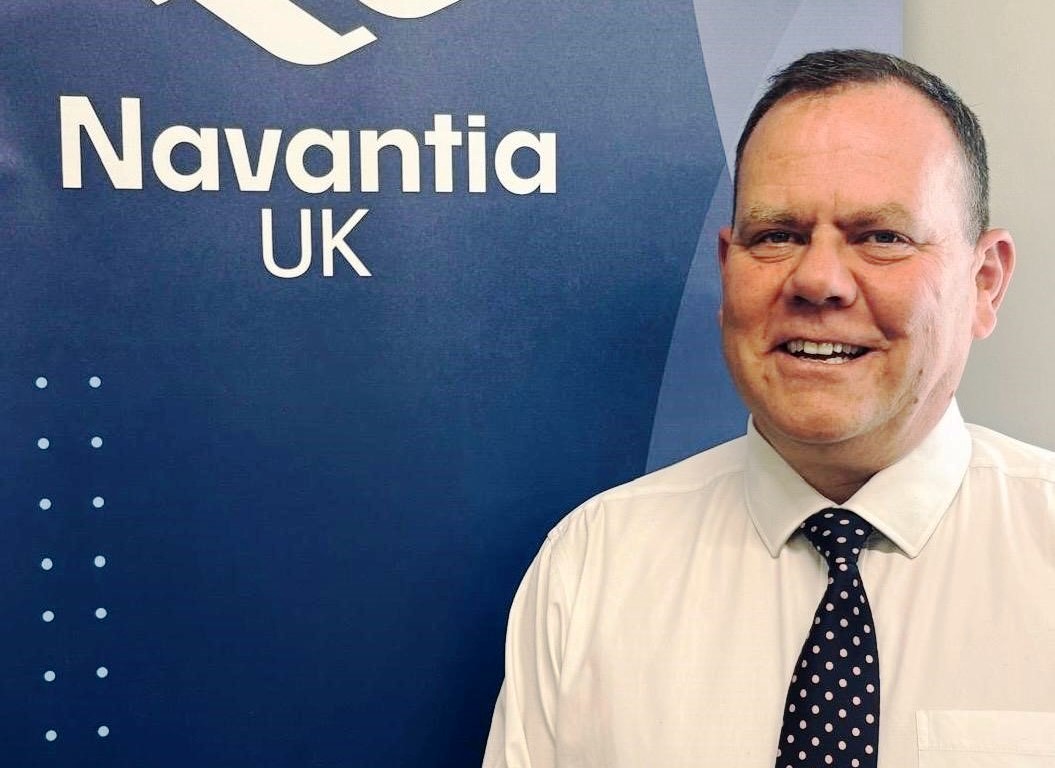Babcock introduces new HF communications qualification

The new qualification includes the theory of high frequency radio communications and consists of six modules covering aspects from telecommunication principles and skills, and radio communication principles and applications, to computer systems and networks.
The coursework and assignments for the new diploma have been developed by staff from Babcock Defence Communications in conjunction with a professional electrical and electronic training company, Electrol, contracted to deliver the BTEC course.
Under the DHFCS contract, which spans HF radio stations across the globe, Babcock operations staff use a high tech Command and Control Monitoring System to transmit and receive messages for UK and NATO forces around the world. Operations run 24/7 from Network Control Stations in Harrogate and Kinloss, supported by another 12 HF radio stations in the UK, Cyprus, Ascension Island and the Falkland Islands. All information has to be routed and transmitted in real time, and could be supporting military operations, or sea rescue, anti piracy, anti drug patrols, or other operations.
Babcock staff providing the DHFCS service come from a wide variety of backgrounds and have few formal qualifications for their skills. The BTEC Diploma will provide the underpinning fundamental knowledge that they use to make communications to ships and aircraft. The course will also advance their skills and knowledge of the wider communications industry, while providing them with a nationally recognised qualification. The majority of Babcock's DHFCS staff are now studying for the new diploma and have completed the first modules.
Babcock's Head of DHFCS Operations, Mike Withington, said: "While our staff gain a nationally recognised qualification for the unique skills they have developed in providing and managing voice and data services to the UK military and NATO users, Babcock benefits from a workforce well trained and motivated to continue to provide the excellent service the MoD has experienced in the first half of this contract, since 2003. Meanwhile the MoD has the assurance that Babcock has a process in place to ensure succession plans can be met."
The BTEC Advanced (Level 3) Diploma in Telecommunications ensures that the training provided by Babcock in this field is compatible with civilian qualifications, and will also be a recognisable qualification in future for people working in similar areas in industry and commerce. Further details of the diploma can be obtained from Mike Withington, Head of DHFCS Operations at Babcock.












